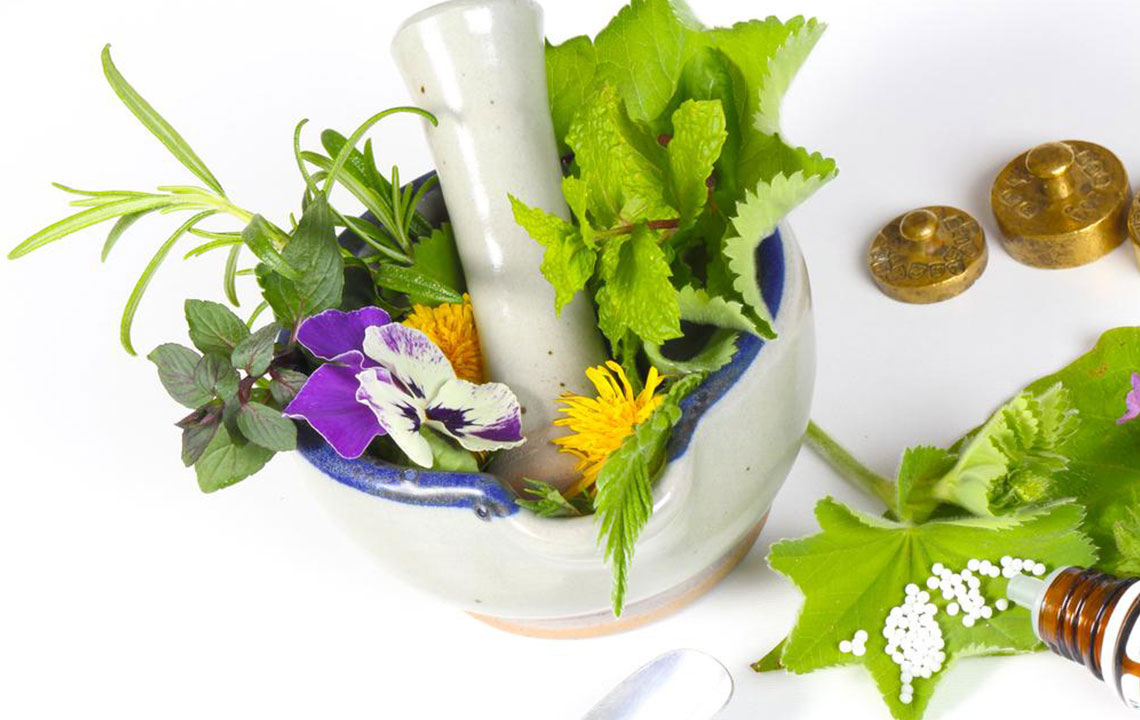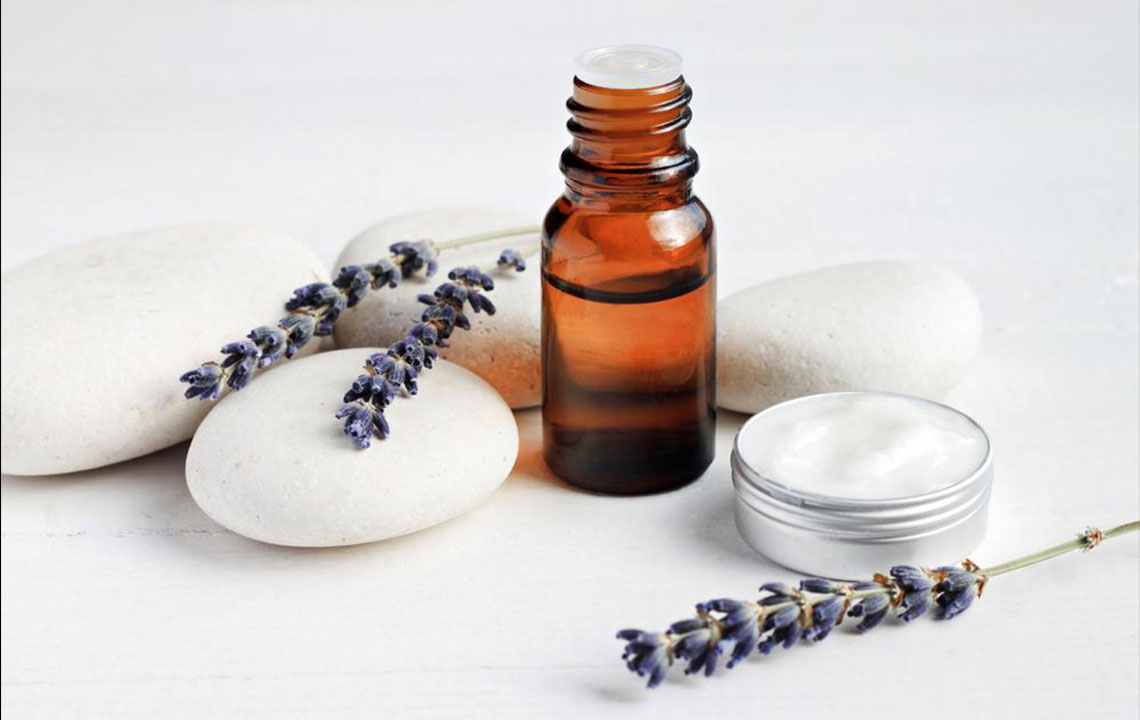Effective Natural Strategies to Manage PCOS Symptoms
Discover holistic and natural methods to manage PCOS symptoms effectively. This guide covers dietary changes, exercise, herbal remedies, stress reduction, and avoiding harmful chemicals, helping women restore hormonal balance and improve quality of life without medication.
Sponsored

Polycystic Ovary Syndrome (PCOS) is a common hormonal disorder that enlarges the ovaries and forms small cysts on their surface. Symptoms include irregular periods, excess androgen, hair growth, acne, skin darkening, cysts, skin tags, hair loss, and infertility. Although no cure exists, symptoms can be managed through lifestyle changes.
Holistic approaches to improve PCOS are recommended, as the condition’s causes are complex. Adjusting diet and routines can significantly reduce symptoms and improve overall health.
This involves making conscious alterations in diet and habits.
Dietary adjustments
The foods we consume greatly influence PCOS severity. Processed foods and preservatives can worsen inflammation, while healthier options may alleviate symptoms. Suggested practices include:
Eating whole foods
Emphasize unprocessed, natural foods like fruits, vegetables, whole grains, and legumes that are low on the glycemic index and high in fiber, avoiding artificial additives and hormones.
Maintain balance between protein and carbs to enhance insulin sensitivity.
Anti-inflammatory foods can help reduce chronic inflammation commonly linked with PCOS. Include olive oil, tomatoes, leafy greens, fatty fish, nuts, and berries in your meals.
Iron-rich foods such as spinach, broccoli, and eggs help replenish iron levels, especially if heavy menstrual bleeding occurs.
Magnesium-rich foods like almonds, spinach, and bananas support hormonal balance.
Fibrous foods including lentils, beans, broccoli, and avocados improve digestion and reduce gastrointestinal issues caused by inflammation.
Probiotics promote gut health, lower inflammation, and regulate hormone levels, aiding in symptom control.
Exercise regularly is vital. Focus on gentle activities like yoga, Pilates, swimming, walking, or cycling to avoid hormonal disruptions caused by excessive workouts. Always consult your healthcare provider before starting new exercise routines.
Sleep hygiene improvement supports hormonal health. Aim for 8-10 hours of quality sleep, establish a consistent routine, and minimize screens before bedtime to improve sleep quality.
Acupuncture is an alternative therapy believed to enhance blood flow to ovaries, lower cortisol, and improve insulin sensitivity—though research continues.
Herbal adaptogens like maca root, holy basil, licorice root, tribulus terrestris, and chasteberry may help balance hormones, reduce cortisol, and support reproductive health.
Stress management techniques such as yoga, meditation, and relaxation are crucial, as stress increases cortisol and worsens PCOS symptoms.
Limit exposure to endocrine disruptors by avoiding chemicals like BPA, phthalates, pesticides, and dioxins found in common household products, canned foods, and cosmetics, which can exacerbate hormonal imbalance.






